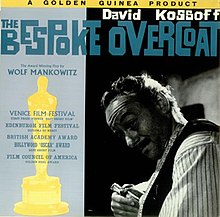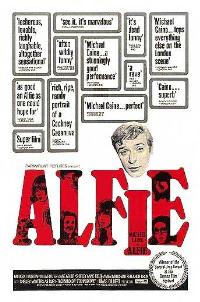
Alfie is a 1966 British comedy-drama film directed by Lewis Gilbert and starring Michael Caine. An adaptation by Bill Naughton of his own 1966 novel and 1963 play of the same name, the film was released by Paramount Pictures.

Pauline Kael was an American film critic who wrote for The New Yorker magazine from 1968 to 1991. Known for her "witty, biting, highly opinionated and sharply focused" reviews, Kael's opinions often ran contrary to those of her contemporaries.

Paul Francis Kossoff was an English guitarist who was as the co-founder and guitarist for the rock band Free. He was ranked number 51 in Rolling Stone's list of the "100 Greatest Guitarists of All Time".

Brooks Brothers, founded in Manhattan, New York, in 1818, is the oldest apparel brand in continuous operation in America. Originally a family business, Brooks Brothers produces clothing for men, women and children, as well as home furnishings. Brooks Brothers licenses its name and branding to Luxottica for eyewear, Paris-based Interparfums for fragrances, and Turkey-based Turko Textiles for its home collection.
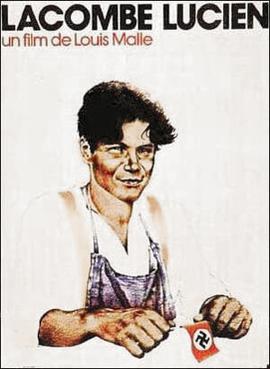
Lacombe, Lucien[lakɔ̃b ly.sjɛ̃] is a 1974 French war drama film by Louis Malle about a French teenage boy during the German occupation of France in World War II.

A frock coat is a formal men's coat characterised by a knee-length skirt cut all around the base just above the knee, popular during the Victorian and Edwardian periods (1830s–1910s). It is a fitted, long-sleeved coat with a centre vent at the back and some features unusual in post-Victorian dress. These include the reverse collar and lapels, where the outer edge of the lapel is often cut from a separate piece of cloth from the main body and also a high degree of waist suppression around the waistcoat, where the coat's diameter round the waist is less than round the chest. This is achieved by a high horizontal waist seam with side bodies, which are extra panels of fabric above the waist used to pull in the naturally cylindrical drape. As was usual with all coats in the 19th century, shoulder padding was rare or minimal.
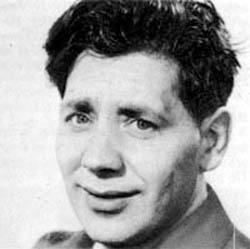
Alfie Bass was an English actor. He was born in Bethnal Green, London, the youngest in a Jewish family with ten children; his parents had left Russia many years before he was born. He appeared in a variety of stage, film, television and radio productions throughout his career.
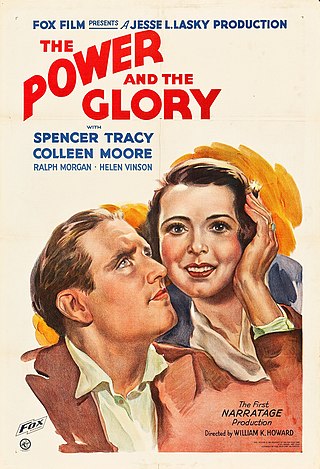
The Power and the Glory is a 1933 pre-Code film starring Spencer Tracy and Colleen Moore, written by Preston Sturges, and directed by William K. Howard. The picture's screenplay was Sturges' first script, which he delivered complete in the form of a finished shooting script, for which he received $17,500 and a percentage of the profits. Profit-sharing arrangements, now a common practice in Hollywood, were then unusual and gained Sturges much attention.

Point Blank is a 1967 American crime film directed by John Boorman, starring Lee Marvin, co-starring Angie Dickinson, Keenan Wynn and Carroll O'Connor, and adapted from the 1963 crime noir pulp novel The Hunter by Donald E. Westlake, writing as Richard Stark. Boorman directed the film at Marvin's request and Marvin played a central role in the film's development. The film was not a box-office success in 1967, but has since gone on to become a cult classic, eliciting praise from such critics as film historian David Thomson.
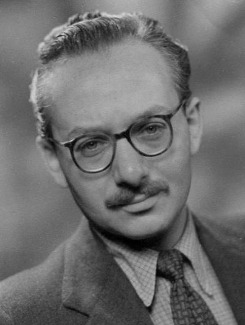
David Kossoff was a British actor. In 1954 he won the BAFTA Award for Most Promising Newcomer to Leading Film Roles for his appearance as Geza Szobek in The Young Lovers. He played Alf Larkin in TV sitcom The Larkins and Professor Kokintz in The Mouse that Roared (1959) and its sequel The Mouse on the Moon (1963).
Jack Isaac Clayton was a British film director and producer who specialised in bringing literary works to the screen.
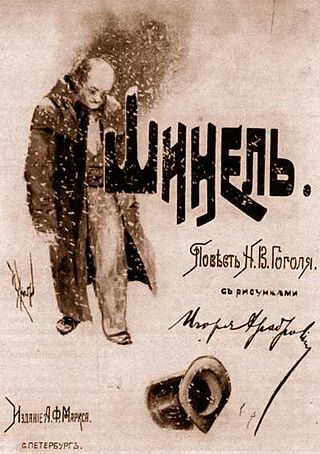
"The Overcoat" is a short story by Ukrainian-origin, Russian author Nikolai Gogol, published in 1842. The story has had a great influence on Russian literature. Eugène-Melchior de Vogüé, discussing Russian realist writers, said: "We all came out from under Gogol's Overcoat". Writing in 1941, Vladimir Nabokov described "The Overcoat" as "The greatest Russian short story ever written".

Ozwald Boateng, OBE is a British fashion designer, best known for his trademark twist on classic tailoring and bespoke styles.
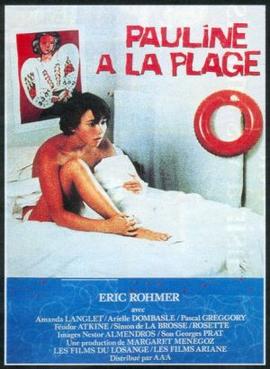
Pauline at the Beach is a 1983 French romantic comedy film directed by Éric Rohmer. The film stars Amanda Langlet, Arielle Dombasle, Pascal Greggory and Féodor Atkine. It is the third in the 1980s series "Comedies and Proverbs" by Rohmer.

The Survivors is a 1983 American comedy film directed by Michael Ritchie. It stars Walter Matthau and Robin Williams, with supporting roles by Jerry Reed, Kristen Vigard, and James Wainwright.

Swing Shift is a 1984 American romantic-drama directed by Jonathan Demme and produced by and starring Goldie Hawn with Kurt Russell. It also features Christine Lahti, Fred Ward, Ed Harris, and Holly Hunter, in one of her earlier movie roles. The film was a box office bomb, grossing just $6.6 million against its $15 million budget. Christine Lahti earned a nomination for the Academy Award for Best Supporting Actress.
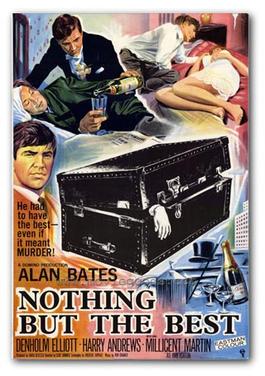
Nothing but the Best is a 1964 British black comedy film directed by Clive Donner based on the 1952 short story 'The Best of Everything' by Stanley Ellin.

Make Me an Offer is a 1954 Eastmancolor British comedy film directed by Cyril Frankel and starring Peter Finch, Adrienne Corri, Rosalie Crutchley and Finlay Currie. It is based on the 1952 novel of the same title by Wolf Mankowitz. It was distributed by British Lion Films.

Savile Row tailoring is men and women's bespoke tailoring that takes place on Savile Row and neighbouring streets in Mayfair, Central London. In 1846, Henry Poole, credited as being the "Founder of Savile Row", opened an entrance to his tailoring premises at No. 32 Savile Row. The term "bespoke" is understood to have originated in Savile Row when cloth for a suit was said to "be spoken for" by individual customers. The short street has been termed the "golden mile of tailoring", where customers have included Charles III, Winston Churchill, Lord Nelson, Napoleon III, Muhammad Ali Jinnah, Laurence Olivier and Duke Ellington.

A car coat is an outer garment originally made to be worn by automobile drivers and passengers. First designed to provide maximum warmth and coverage, over time it became a much shorter garment. Today it describes a coat that typically ends at mid thigh. It is worn by both men and women.
